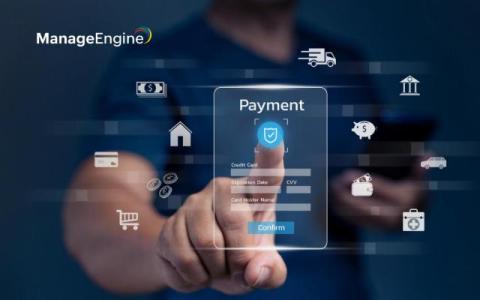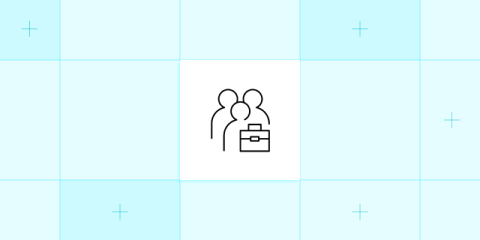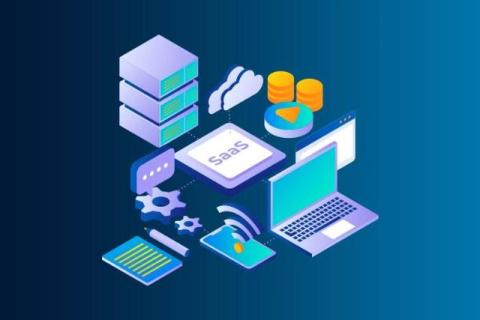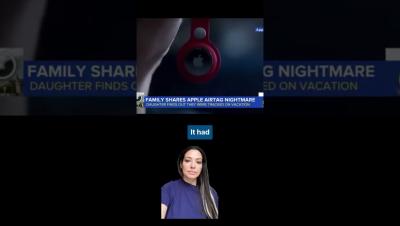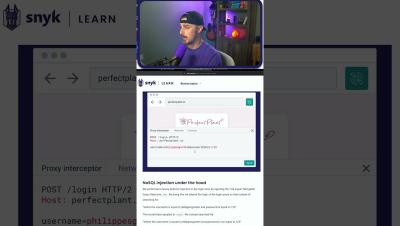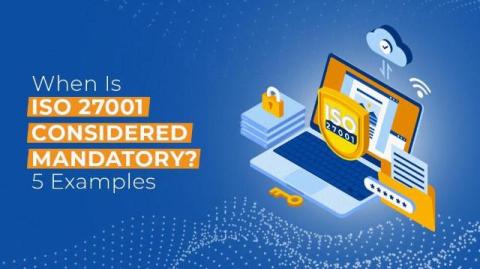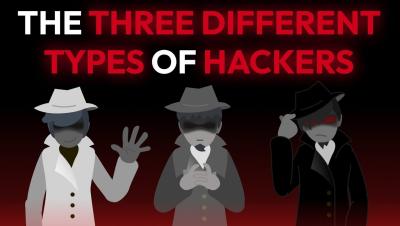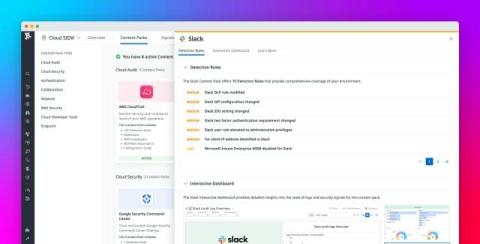Five worthy reads: Cyberattacks in the banking industry
Five worthy reads is a regular column on five noteworthy items we’ve discovered while researching trending and timeless topics. This week, we explore cyberattacks in the banking industry. Gone are the days when paychecks were rolled out in envelopes on payday. We’ve evolved from juggling between counters to deposit a check to managing everything through a single mobile banking application. Indeed, modern banking saves us time and encourages self-service.


